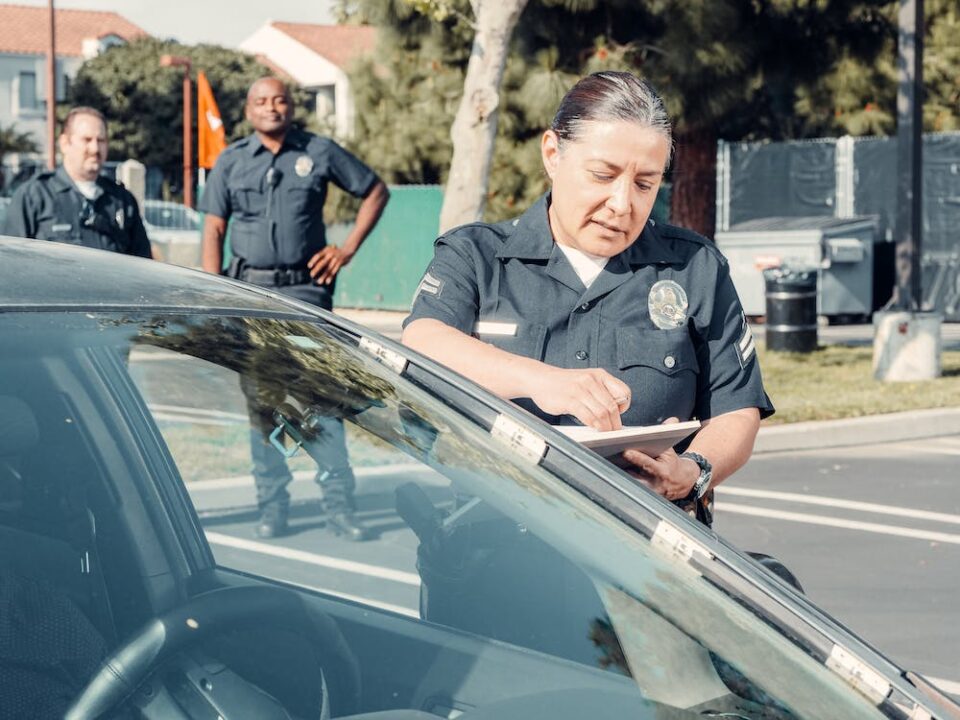Getting a traffic ticket is never a pleasant experience. It’s a burden on your finances, and it can even affect your insurance rates and driving record. Unfortunately, though, it happens to the best of us. Whether you’re a seasoned driver or a new one, traffic tickets can happen. But what should you do when you receive one? In this blog post, you’ll learn all the steps of handling a traffic ticket with ease. From what to do when you get pulled over to contesting a ticket in court, this blog has got you covered. So, sit back, relax, and let’s get started.
Law enforcement officers give traffic tickets as a form of penalty for breaking traffic laws like speeding, running a red light, or reckless driving. The purpose of giving traffic tickets is to ensure that drivers adhere to traffic laws and prevent accidents on the road.
There are several types of traffic tickets that you can receive. The most common is a moving violation, which includes offenses such as speeding, running red lights or stop signs, and reckless driving. These violations occur when your vehicle is in motion. Conversely, non-moving violations are infractions that happen when your vehicle is stationary. Examples include parking violations, vehicle equipment issues (like broken taillights), or expired registration.
Another type of traffic ticket is a photo-enforced violation. These occur when automated camera systems detect a violation. For instance, if you speed through an area monitored by a speed camera or cross an intersection during a red light at a location with red-light cameras, you would receive a photo-enforced ticket, typically mailed to the vehicle’s registered address.
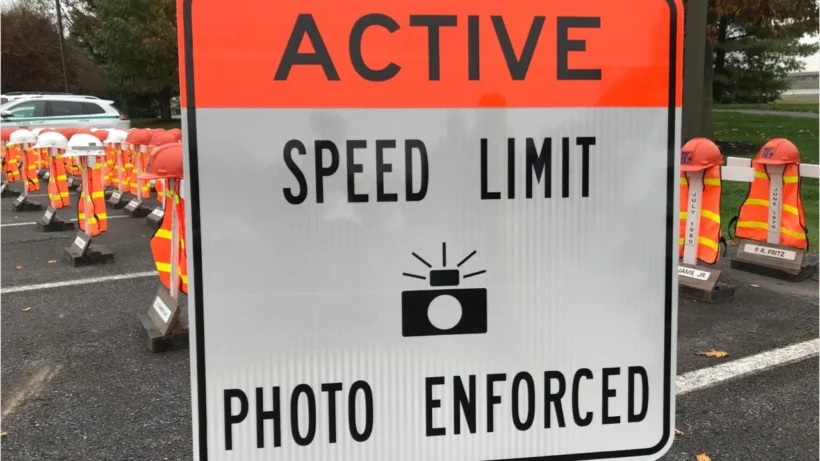
Lastly, there are more serious traffic offenses classified as misdemeanors or felonies, like DUI/DWI, hit and run, or vehicular manslaughter. These offenses, due to their severity, often result in much more than just a ticket – they can lead to arrest, heavy fines, license suspension, or even jail time.
Regardless of the type, receiving a traffic ticket generally means you’ve violated some aspect of traffic law. It’s a mechanism designed to enforce safety on the roads and encourage law-abiding driving behavior. If you need help understanding your traffic ticket or dealing with it, you can also seek help from professionals such as those at Missouri Traffic Tickets.
If you’ve received a traffic ticket, here’s a step-by-step guide about what you should do next.
Step 1: Pull Over Safely and Take Note of the Ticket Details
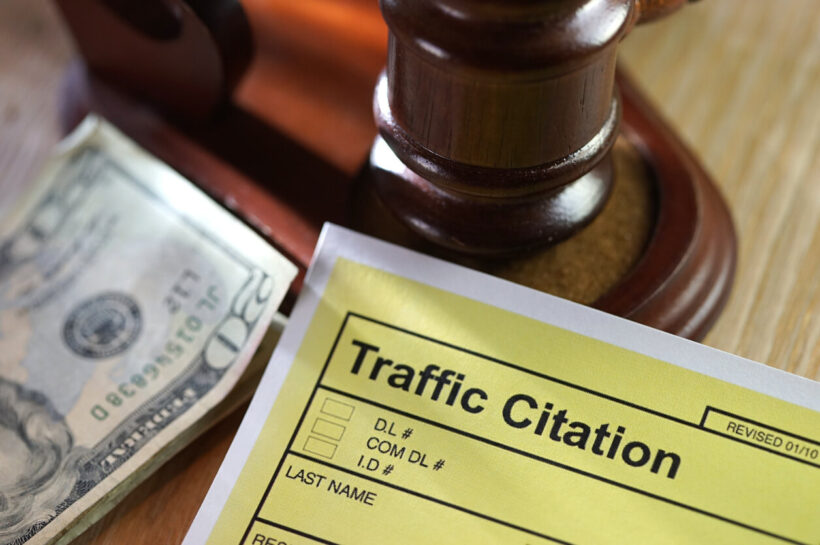
If you’ve received a traffic ticket, the first thing you need to do is pull over safely to the side of the road. Make sure you park in a safe place and turn off your vehicle. When the officer approaches you, be calm and polite. Cooperate with them and provide the necessary documents like your driver’s license, car registration, and proof of insurance. Take note of the ticket details, including the date, time, location, and citation number. It’s essential to have this information as it helps you keep track of the ticket.
Step 2: Understand the Traffic Ticket
Once you’ve received the ticket, it’s essential to understand what traffic law you’ve broken. The citation provides all the necessary information about the violation you committed, the amount of fine, and the deadline for paying. Understand the severity of the charge and the consequences involved. This information will help you decide on the next steps to take. Remember that consequences can include hefty fines and/or points on your driving record.
Step 3: Pay the Ticket or Contest it
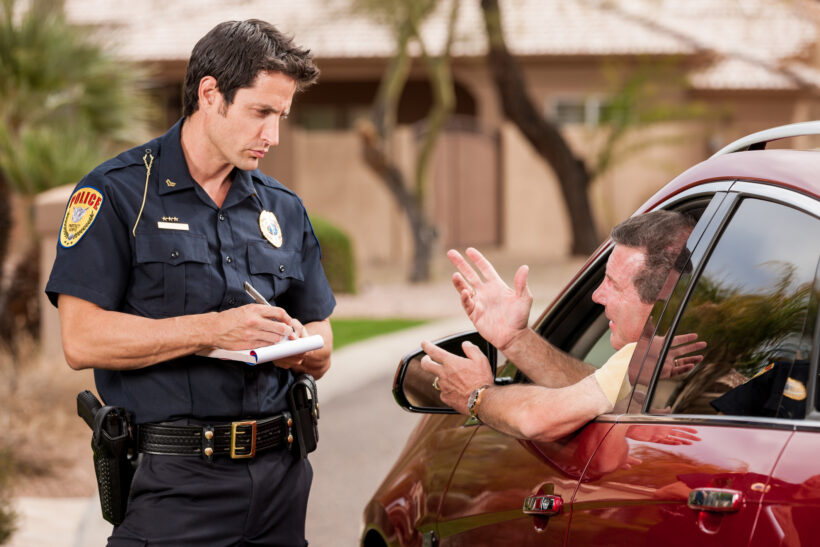
After reviewing the traffic ticket, you must decide if you want to pay the fine or contest the ticket. If you choose to pay the ticket, make sure you pay it on time to avoid further penalties like higher fines or suspension of your driver’s license. If, on the other hand, you want to fight the traffic ticket, you can request a hearing or trial.
Step 4: Get Legal Help
If you have decided to contest the ticket, it is likely you’ll need legal help. You may even get legal help to decide whether to pay or contest it in the first place. A legal professional will provide you with guidance and advice about the possible outcomes of contesting the ticket. They can also help you negotiate deals or reduce fines if applicable. The fee you’ll pay a legal representative is worth it and will save you time, effort, stress, and even money in the long run.
Step 5: Prepare for the Trial
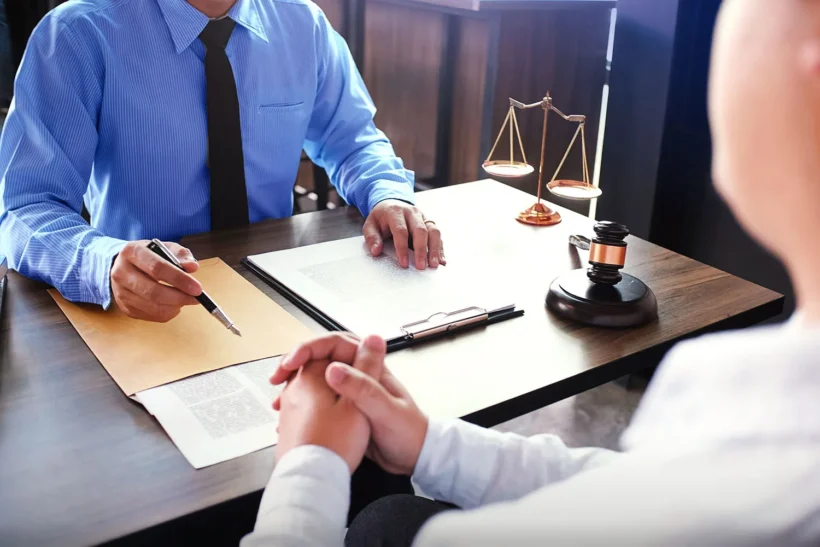
If you choose to contest the traffic ticket, you must prepare your case. You can do this by finding out all the details of the incident, including obtaining video footage or gathering any witnesses that were present. It’s also essential to dress appropriately and have a copy of the ticket and all the evidence you’ve gathered.
Step 6: Attend the Trial
On the day of the hearing or trial, make sure you arrive punctually, have all your evidence, and present your case clearly and honestly. When presenting your case, be calm, polite, and respectful to the court. Doing so will increase your chances of getting a reduced charge or having the ticket dismissed.
Step 7: Learn From Your Mistakes
After going through the steps of handling a traffic ticket, take some time to reflect on what happened. Think about how you can prevent similar situations from happening in the future by driving safely and following all traffic laws. This will help you become a better driver and avoid further penalties in the future.
Receiving a traffic ticket can be an unpleasant experience, but it doesn’t have to be overwhelming. By following our step-by-step guide, you can handle the situation with ease. Remember, always stay calm, cooperate with the officers, and understand the traffic violation. Whether you pay the fine or contest the ticket, always ensure you follow the necessary protocols, and you’ll be free from any legal problems. Safe driving!

